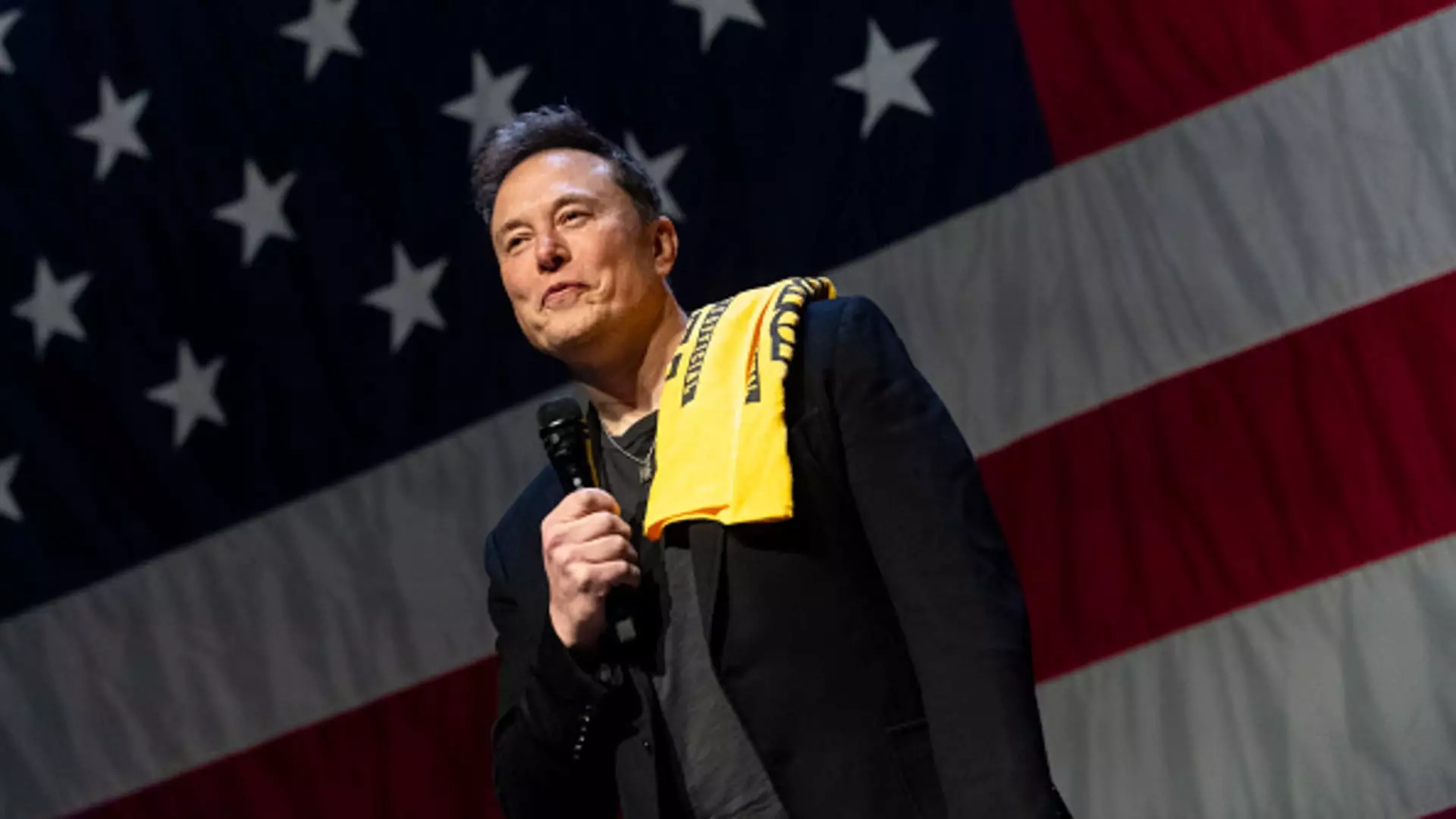The recent legal challenge brought by the Philadelphia District Attorney’s office against Elon Musk and his America Political Action Committee (PAC) has stirred a significant conversation surrounding electoral integrity and campaign financing in the United States. The lawsuit, initiated by DA Larry Krasner, intends to block the distribution of $1 million prizes aimed at incentivizing swing state voters amid upcoming elections. This conflict has unfolded in both state and federal courts, raising questions about jurisdiction, legality, and the ethical implications of such a campaign strategy.
Origins of the Lawsuit
The lawsuit originated when Krasner filed a complaint in the Pennsylvania Court of Common Pleas, asserting that Musk’s giveaway constitutes an illegal, unregulated lottery. The central argument is that offering monetary incentives to voters could disproportionately sway election outcomes by effectively buying influence. Krasner’s pursuit reflects broader concerns about powerful individuals exploiting their wealth to manipulate democratic processes, particularly in the backdrop of the contentious race between Kamala Harris and Donald Trump.
The immediate legal ramifications were compounded when attorneys for Musk and America PAC sought to move the case to federal court. Their rationale hinged on the argument that the PAC, being a federally registered entity, operates outside the purview of state law. This maneuver illustrates a strategic legal approach often employed by entities seeking to escape more stringent state regulations.
The contention over jurisdiction highlights a broader issue in legal battles involving election-related activities. Summers, an attorney representing Krasner, indicated a clear intent to contest the decision to shift the case to federal court, emphasizing that they would promptly seek Remand to the state court. The notion of jurisdiction in this context raises important questions about where accountability lies for actions that are arguably designed to interfere with federal elections.
Musk’s absence from the emergency hearing scheduled by the court further complicates the proceedings. Despite the legal team’s attempts to assert jurisdictional grounds in federal court, the initial emergency request aimed to immediately halt the lottery remains unresolved. Legal experts note that the swift decision-making process often required in matters concerning elections could lead to a rapid series of rulings that may ultimately affect the nature of campaign financing in future races.
Allegations of Voter Manipulation
Central to Krasner’s claims is the assertion that the lottery scheme undermines fair electoral practices by enticing citizens to submit personal information and make a political pledge in exchange for potential financial gain. This practice has been characterized in the lawsuit as a coercive method of influencing voter behavior, essentially blending a incentive-driven strategy with political engagement—one that raises ethical red flags.
Federal regulations around campaign financing and election interference add layers of complexity to this issue. The U.S. Department of Justice has expressed caution regarding the legality of America PAC’s operation, suggesting that Musk’s financial incentives could violate federal election laws. Nevertheless, without a formal intervention from the Department, the legality of the initiative remains in a state of flux.
As this lawsuit progresses, it is likely to incite further public scrutiny regarding the convergence of wealth, power, and politics in contemporary America. The fact that Musk, a billionaire with significant influence, is at the center of this case amplifies discussions about the role of money in elections. The allegations of antisemitism directed at Krasner and the social media backlash surrounding Musk’s comments contribute to an already polarized environment. Moreover, the real potential for public fear and distrust in the electoral process could have far-reaching consequences if the incentive lottery continues.
The legal dispute between the Philadelphia District Attorney’s office and Musk’s America PAC encapsulates complex issues of electoral ethics, campaign financing, and the power dynamics at play within the American political landscape. As the case evolves, its ramifications could lead to significant precedents affecting how political influence and monetary incentives interact in future elections.


Leave a Reply